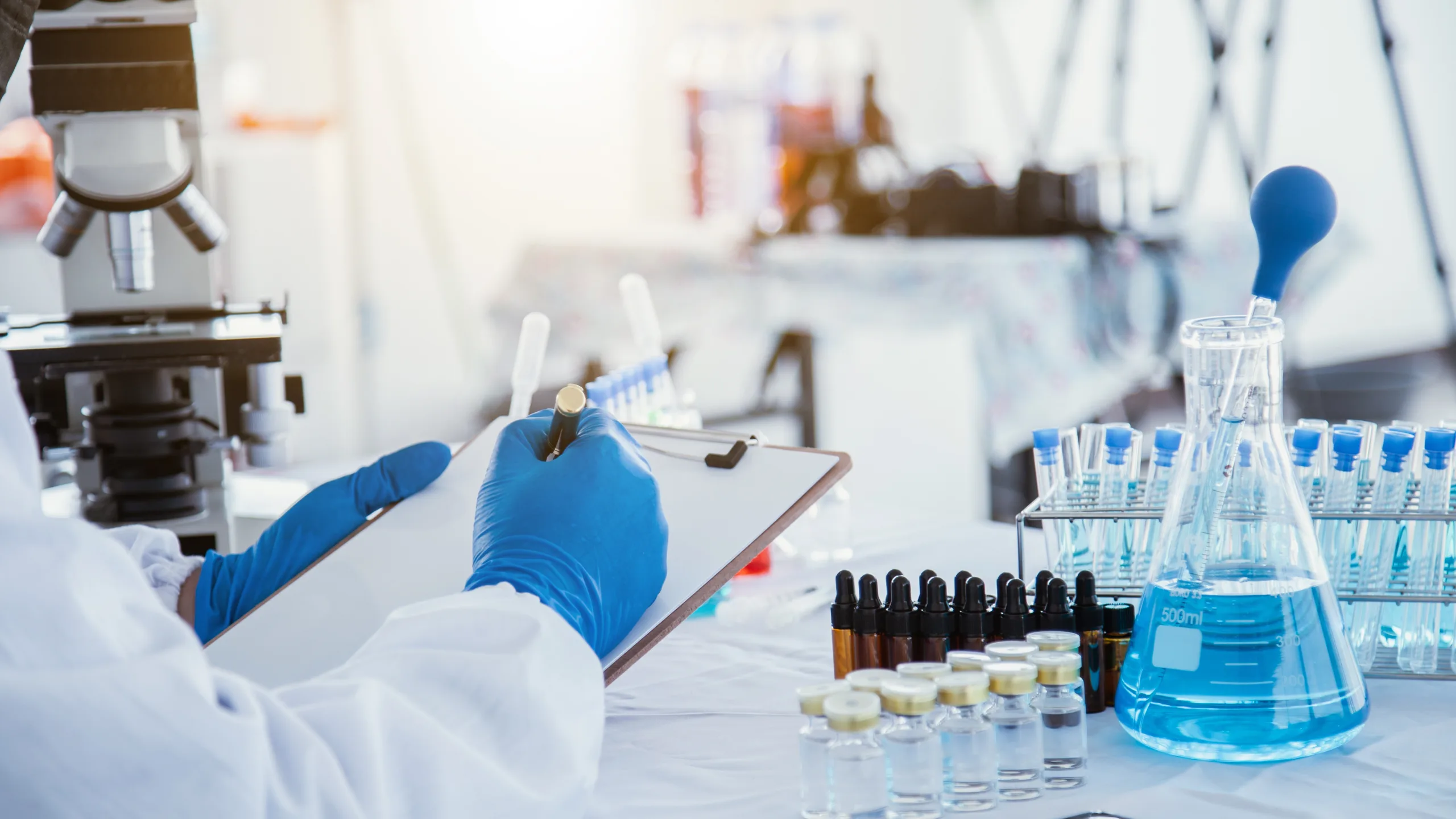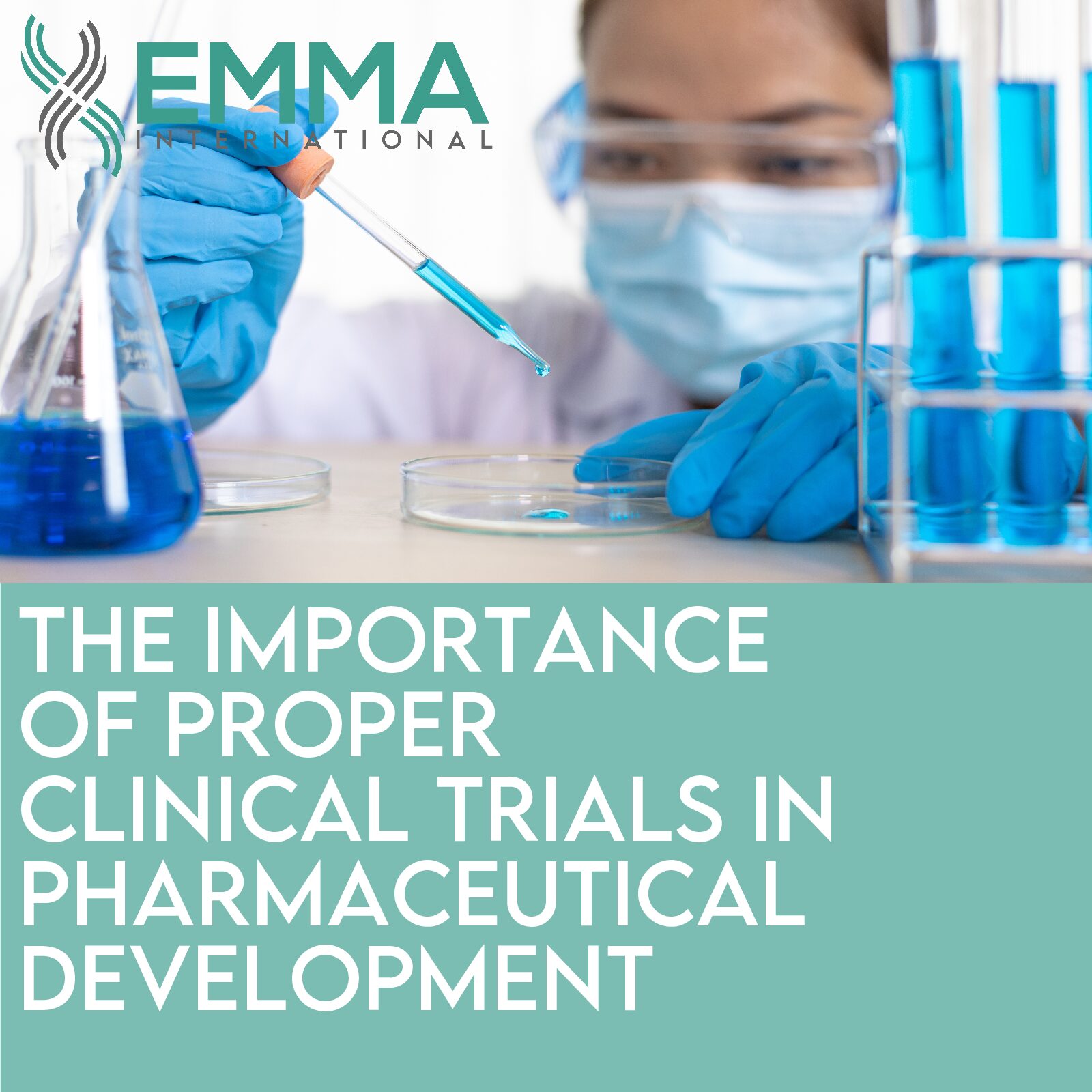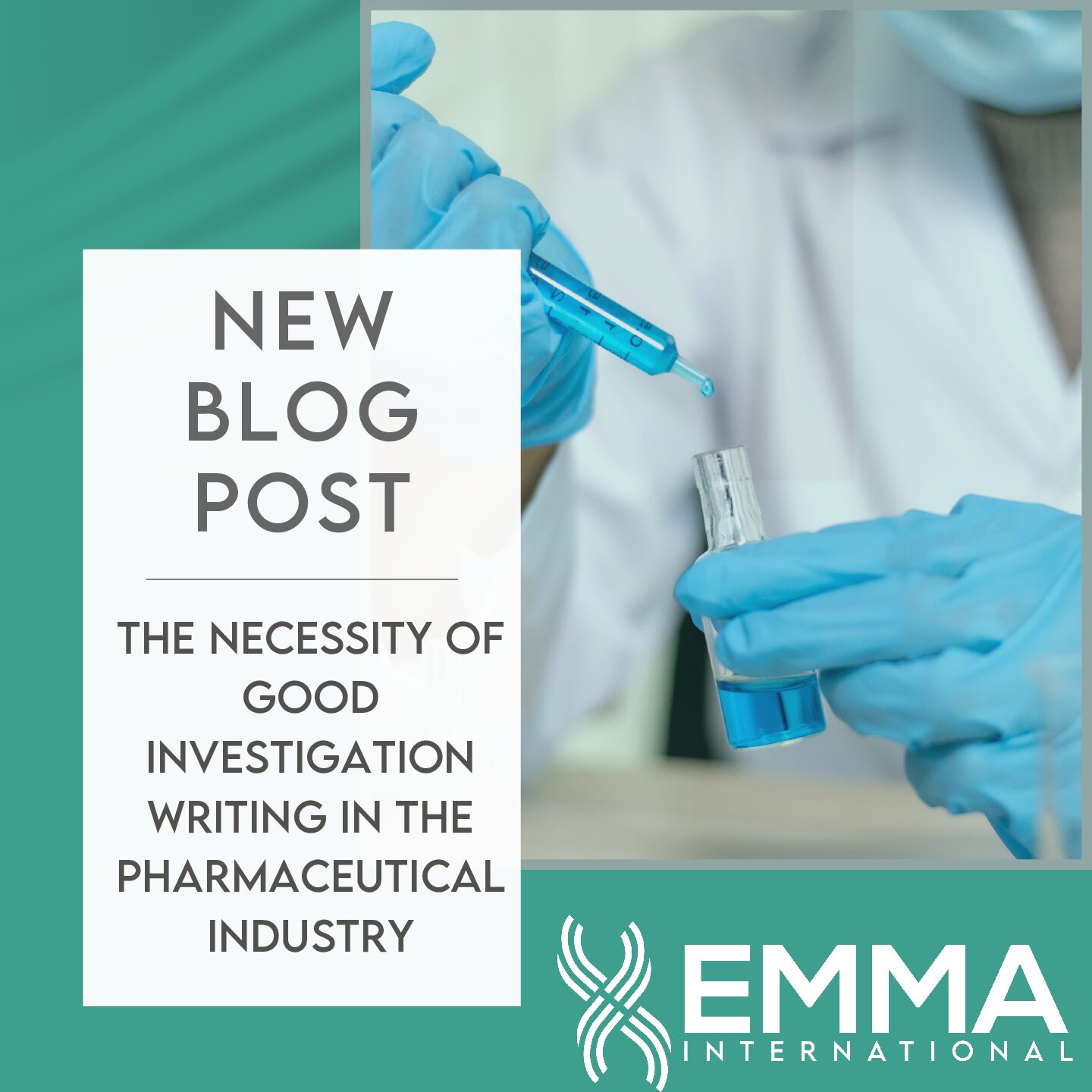Sterile medical devices play a crucial role in modern healthcare, supporting a wide range of diagnostic, therapeutic, and surgical interventions. However, before these devices can reach the hands of healthcare professionals and patients, they must undergo rigorous testing to demonstrate safety, efficacy, and sterility. In this blog, we’ll explore the essential testing requirements for premarket submission of sterile medical devices, highlighting the critical steps manufacturers must take to bring these products to market responsibly.
The premarket submission process for sterile medical devices, whether a 510k, De Novo, or PMA, must include comprehensive data and documentation demonstrating the device’s safety and effectiveness. This testing includes:
- Biocompatibility Testing: Biocompatibility testing assesses the biological safety of the device materials and components to ensure they do not cause adverse reactions when in contact with the human body. This includes tests such as cytotoxicity, sensitization, irritation, and systemic toxicity assessments.
- Sterility Assurance Testing: Sterile medical devices must undergo rigorous testing to demonstrate that they are free from viable microorganisms. Sterility assurance testing includes methods such as sterility testing, bioburden determination, and validation of sterilization processes (e.g., steam sterilization, ethylene oxide sterilization).
- Package Integrity Testing: Package integrity testing ensures that the device packaging provides an effective barrier to microbial contamination and maintains sterility throughout its shelf life. Tests may include seal strength testing, microbial ingress testing, and integrity testing under various environmental conditions.
- Performance Testing: Performance testing evaluates the device’s functional characteristics, ensuring it meets its intended purpose and performs as intended under real-world conditions. This may involve mechanical testing, durability testing, and functional testing using simulated physiological conditions.
- Validation Studies: Manufacturers must conduct validation studies to demonstrate that the device meets specified quality and performance criteria. This includes validation of manufacturing processes including cleaning and sterilization procedures.
Manufacturers are responsible for ensuring that all testing is conducted in accordance with applicable regulatory requirements and international standards. Comprehensive documentation, including test protocols, reports, and risk assessments, must be included in the premarket submission to support regulatory review and approval.
Testing is a critical component of the premarket submission process for sterile medical devices, providing assurance of safety, efficacy, and quality to regulatory authorities, healthcare professionals, and patients. By adhering to rigorous testing requirements and standards, manufacturers demonstrate their commitment to delivering reliable and safe products that meet the needs of healthcare providers and contribute to improved patient outcomes. If you need help with a premarket submission for your sterile medical device, EMMA International’s experts are here to help! Call us at 248-987-4497 or email info@emmainternational.com to learn more.





